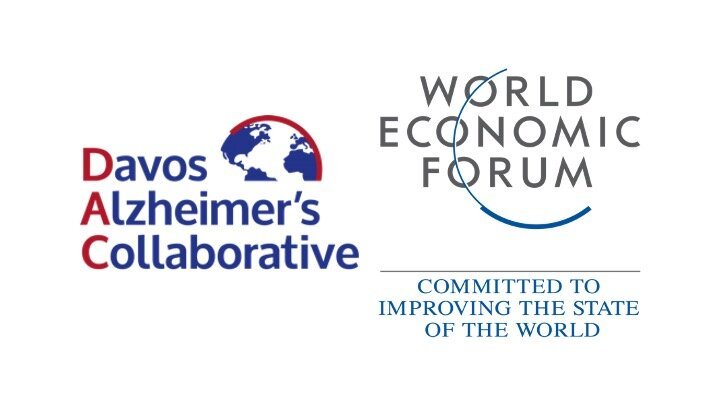The Davos Alzheimer’s Collaborative Publishes Operational Blueprint For Early Detection of Cognitive Impairment
Healthcare System Preparedness Program Advances a New Resource for Primary Care Settings
NEW YORK, NY – NOVEMBER 28, 2023 – The Davos Alzheimer’s Collaborative (DAC), the organization leading an unprecedented response to Alzheimer’s, today launched a blueprint for early detection of cognitive impairment in primary care settings. Developed by the DAC Healthcare System Preparedness Program (DAC-SP), the Early Detection Blueprint is designed to help streamline the adoption of best practices in brain health and Alzheimer’s care, connect proven solutions, and strengthen healthcare systems for better patient access.
The DAC-SP blueprint contains customizable modules to plan, implement, monitor, and evaluate early detection programs. The blueprint equips healthcare systems, providers, and administrators with structured goals and actions to develop an early detection program that reflect the policy environments, capabilities, and resources of their local settings.
The blueprint was co-designed by seven flagship sites across six countries including Brazil, Jamaica, Japan, Mexico, Scotland, and two sites in Indiana and Florida within the United States. The digital blueprint synthesizes key learnings, insights, and resources for implementation strategies captured in interviews, workshops, and discussion by a community of practice by the seven site leaders. The blueprint can be used with any cognitive tool, is web-based, and is free and open access to all.
Additional programs that will inform future iterations of the blueprint include the 12 early detection grantees from eight countries: Armenia, Brunei, Canada, Cuba, Germany, Japan, Kenya, and five sites in U.S. The grant programs are focused on the early detection of cognitive impairment and were locally designed to meet the needs of patients in their communities – from community health workers in Armenia who utilized mobile clinics to bring early detection to people outside the confines of a health system, to a rural Kenyan effort to go door-to-door in Kenya identifying patients who misunderstood their symptoms of dementia.
“The DAC-SP blueprint leverages our global learnings to create an enduring resource healthcare systems can use to create their own early detection program suitable for clinical practice,” said Tim MacLeod, PhD and director of the DAC Healthcare System Preparedness Program. “Globally, healthcare providers are incentivized to work in the practice, practicing medicine, not on the practice, redesigning care flows. This blueprint intends to help health system leaders transform their practices efficiently using proven, actionable strategies.”
The program sites implemented innovative screening tools including a digital cognitive assessment (DCA) and a blood-based biomarker (BBM) test for Alzheimer’s disease pathology in primary care settings. Over the course of the last two years, flagship site leaders shared learnings and solutions to overcome operational and clinical challenges to deliver these early detection tools to patients in their communities.
DAC-SP uses implementation science to evaluate global programs focused on seeding health system change with clear actions and sustainable solutions. Early detection remains a critical building block for healthcare system readiness to identify the right patients at the right time to better care for patients and their families.
“Because chronic brain diseases are a global issue, with many under-resourced nations unlikely to see the availability of therapeutics in this lifetime, we pay special attention to breakthrough solutions for diverse populations in low- and middle-income regions,” said George Vradenburg, founding chairman of the Davos Alzheimer’s Collaborative. “This customizable blueprint is a critical head start for the early detection of cognitive decline in primary care no matter the setting.”
About the DAC Healthcare System Preparedness Program
DAC’s Healthcare System Preparedness Program (DAC-SP) is catalyzing healthcare system transformation through innovative approaches that measurably increase rates of cognitive screening, early detection, and accurate diagnosis of Alzheimer’s disease and related disorders.
The initiatives are incorporated into enduring resources and Learning Laboratories, a network of governments and public health and healthcare system leaders, to share best practices. Scaled globally, these practices will position healthcare systems to speed the latest treatments and innovations to those who need them.
About the Davos Alzheimer’s Collaborative
Launched at the World Economic Forum’s 2021 meeting on The Davos Agenda, The Davos Alzheimer’s Collaborative is a multi-stakeholder partnership committed to aligning stakeholders with a new vision for our collective global response against the challenges Alzheimer’s presents to patients, caregivers and healthcare infrastructures. Convened by The World Economic Forum and The Global CEO Initiative on Alzheimer’s Disease (CEOi) and fueled by a mission of service to the estimated 150 million families and half a billion people inevitably impacted by this disease by 2050, DAC is a collaborative for the benefit of all people, in all places.
To learn more about the Davos Alzheimer’s Collaborative’s work on brain health at the World Economic Forum, visit our website.
Media: Please contact Susan Oliver
soliver@davosalzheimerscollaborative.org | +1 (703) 216-4078

